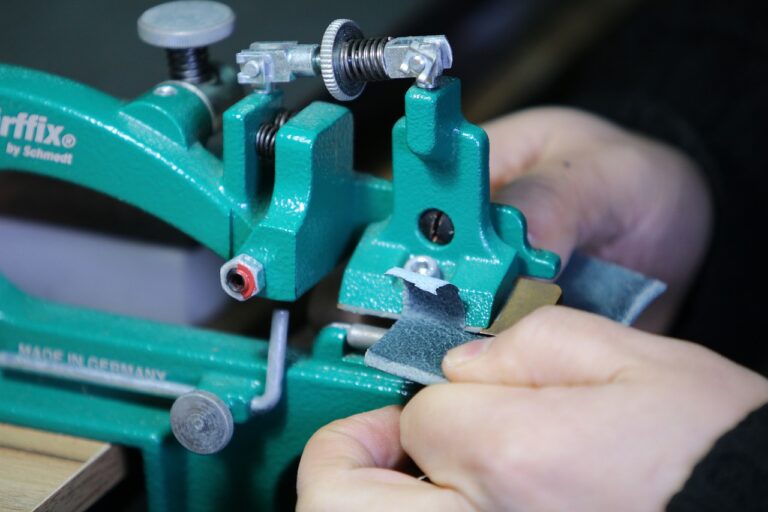Examining the Benefits of Experiential Learning: Hands-On Approaches to Education
Experiential learning offers students the opportunity to engage actively in the learning process, enabling them to apply theoretical knowledge to practical situations. By immersing themselves in hands-on activities, learners can develop critical thinking skills, problem-solving abilities, and creativity. This approach not only enhances their understanding of the subject matter but also fosters a deeper connection with the material being taught.
Furthermore, experiential learning promotes collaboration and teamwork among students as they work together to achieve common goals. This interactive method of learning encourages communication skills, leadership qualities, and adaptability, preparing learners for real-world challenges. Through experiential learning, students can cultivate a sense of autonomy and independence, empowering them to take ownership of their education and personal development.
Hands-On Learning in Education
Engaging students in hands-on learning experiences is a crucial aspect of modern education. By allowing students to actively participate in their learning process, hands-on activities help them apply theoretical knowledge in practical situations. This approach not only enhances students’ understanding of the subject matter but also fosters critical thinking and problem-solving skills.
Hands-on learning encourages students to explore concepts in a tangible way, leading to a deeper comprehension of complex topics. By actively manipulating materials or engaging in real-world scenarios, students are better able to retain information and transfer their learning to new situations. This interactive learning style not only increases student engagement but also provides a more memorable and enjoyable learning experience.
• Hands-on learning allows students to actively participate in their education
• Students can apply theoretical knowledge in practical situations
• Enhances understanding, critical thinking, and problem-solving skills
• Encourages exploration of concepts in a tangible way
• Leads to deeper comprehension of complex topics
• Helps retain information and transfer learning to new situations
• Increases student engagement and provides a more memorable experience
Enhanced Retention of Information
Research has shown that when individuals actively engage in the learning process, they are more likely to retain information for longer periods of time. By actively participating in hands-on activities and real-world experiences, learners are able to make meaningful connections between the material and their own experiences. This connection not only deepens understanding but also promotes better retention of the information being taught.
Additionally, experiential learning provides a multi-sensory approach to education, allowing learners to engage with the material in a variety of ways. When students can see, touch, hear, and manipulate objects in a hands-on learning environment, they are more likely to remember the content compared to traditional methods of passive learning. This multi-faceted approach to learning not only enhances retention but also fosters a deeper level of comprehension and critical thinking skills.
What is the benefit of experiential learning?
Experiential learning allows individuals to actively engage in the learning process by participating in hands-on activities, which can result in better retention of information.
How does hands-on learning improve education?
Hands-on learning in education helps students apply theoretical knowledge to real-life situations, fostering a deeper understanding of the subject matter and enhancing retention of information.
Can enhanced retention of information lead to better academic performance?
Yes, when students retain information more effectively, they are better able to recall and apply what they have learned, which can lead to improved academic performance.
Are there any specific techniques that can be used to enhance retention of information?
Yes, incorporating interactive activities, group projects, simulations, and practical exercises into the learning process can all help improve retention of information.
How can educators incorporate experiential learning into their teaching methods?
Educators can incorporate experiential learning by designing hands-on activities, experiments, field trips, and other interactive experiences that allow students to engage with the material in a meaningful way.





